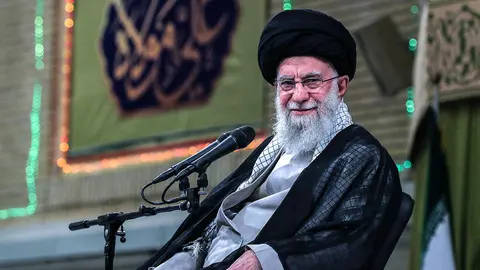Emmanuel Macron visits Saudi Arabia to seal a ‘strategic partnership’
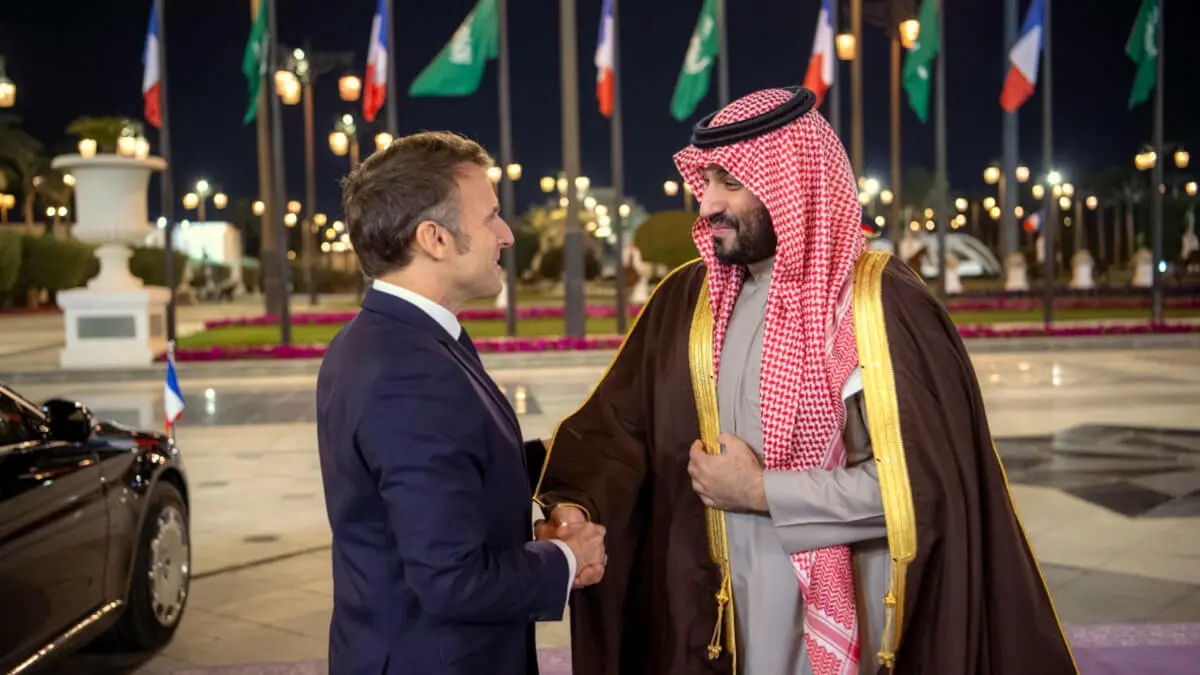
Emmanuel Macron, President of France, began a three-day state visit to Saudi Arabia on Monday, 2 December. The French president was welcomed at Riyadh's King Khalid International Airport by an entourage led by the deputy governor of the Riyadh region, Prince Mohammed Bin Abdulrahman Bin Abdulaziz, and the Minister of Commerce, Majid Al-Kassabi.
The Crown Prince and Prime Minister, Mohammed Bin Salman, and the Saudi Foreign Minister, Faisal Bin Farhan Bin Abdullah, awaited their arrival at the Al-Yamamah Palace.
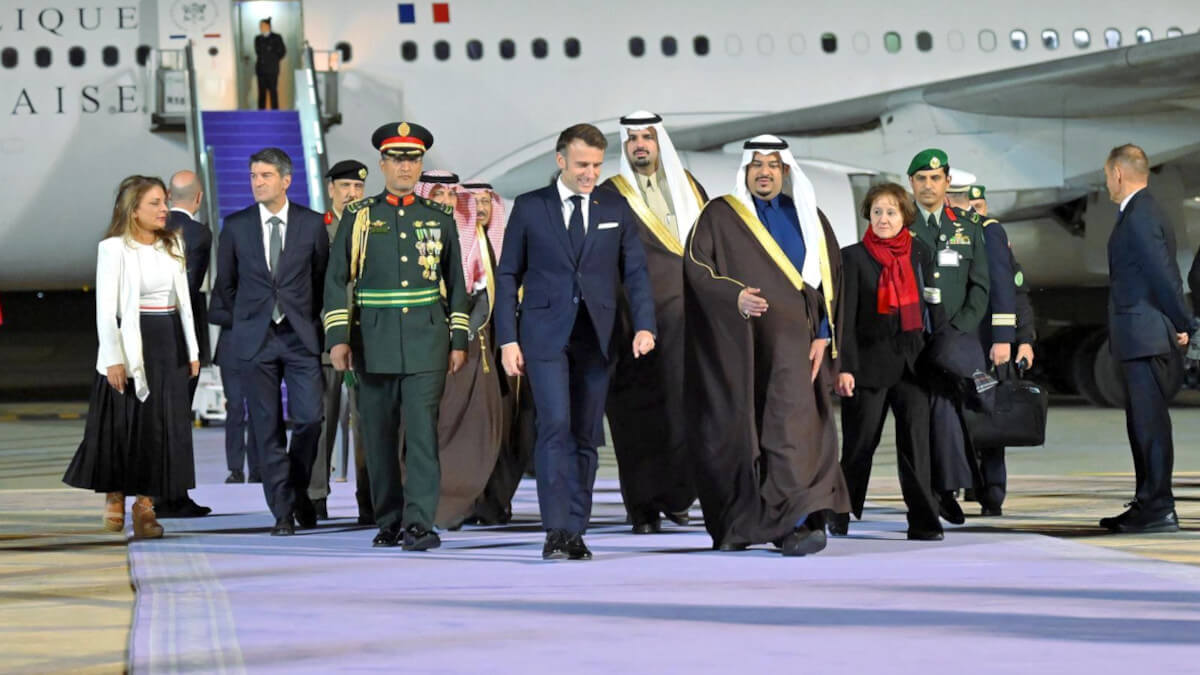
The French President was joined by the Minister of Foreign Affairs of France and Europe, Jean-Noël Barrot; the Minister of Culture, Rachida Dati; the Minister of the Armed Forces, Sébastien Lecornu; the Minister of Ecological Transition, Energy, Climate and Risk Prevention, Agnès Pannier-Runacher; the Minister of Economy, Finance and Industry, Antoine Armand; and the French Ambassador to Saudi Arabia, Patrick Maisonnave.
Strategic partnership
According to the French Elysée department, the visit is ‘a step towards the improvement of Saudi-French relations’. After the reception, the two diplomatic corps met at the Royal Court of the Al-Yamamah Palace in Riyadh, where the two heads of state held a meeting.
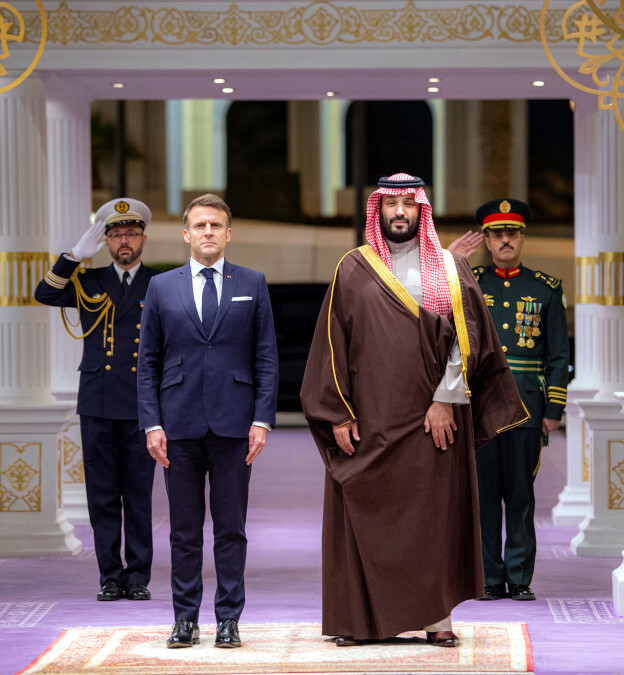
The Saudi Press Agency said the meeting reviewed joint coordination efforts. They will also discuss defence, security and possible Saudi investments in the French financial and emerging technologies sector.
This resulted in the signing of ‘strategic partnership’ agreements by seeking contracts favouring French companies and the export of military aircraft to the Saudi Arabian Armed Forces (SAAF).
Through these memorandums of understanding, public and private companies from both states will have better investment prospects, and the possibility of drawing on all available resources in a way that achieves shared interests.
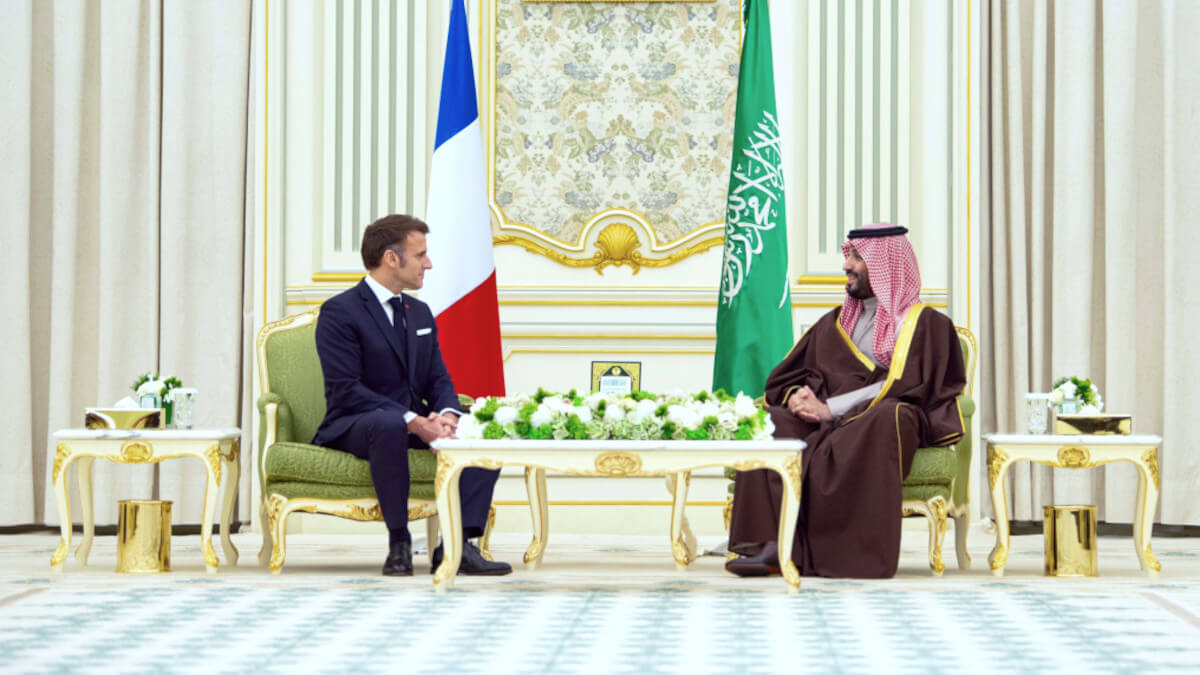
Ceasefire in the Middle East
In addition to the economic agreements, the meeting was marked by the political context that the region is currently suffering due to the confrontations in the area that already affect six countries: Israel, Lebanon, Palestine, Yemen, Iran and, recently, Syria.
HRH the Crown Prince receives the President of the French Republic at Al-Yamamah Palace, where an official reception was held for the President.#SPAGOV pic.twitter.com/wU6QYZj3IO
— SPAENG (@Spa_Eng) December 2, 2024
Although Israel and Lebanon reached a ceasefire agreement last week, tensions in the region remain high, and the French president has called on both countries to maintain the pact amidst the accusations that have been levelled at each other. In this sense, Emmanuel Macron and Mohamed Bin Salman have agreed to ‘do everything possible’ to achieve a de-escalation of the conflict that has been dragging on for more than a year in the case of Israel and Gaza and Iran, and for more than two months with Lebanon.
Among Macron's premises are the release of the Israeli hostages kidnapped by Hamas militias on 7 October 2023, the continuation of humanitarian aid for Gazans living in the Gaza Strip, and contributing to the search for a political solution ‘based on two states’.
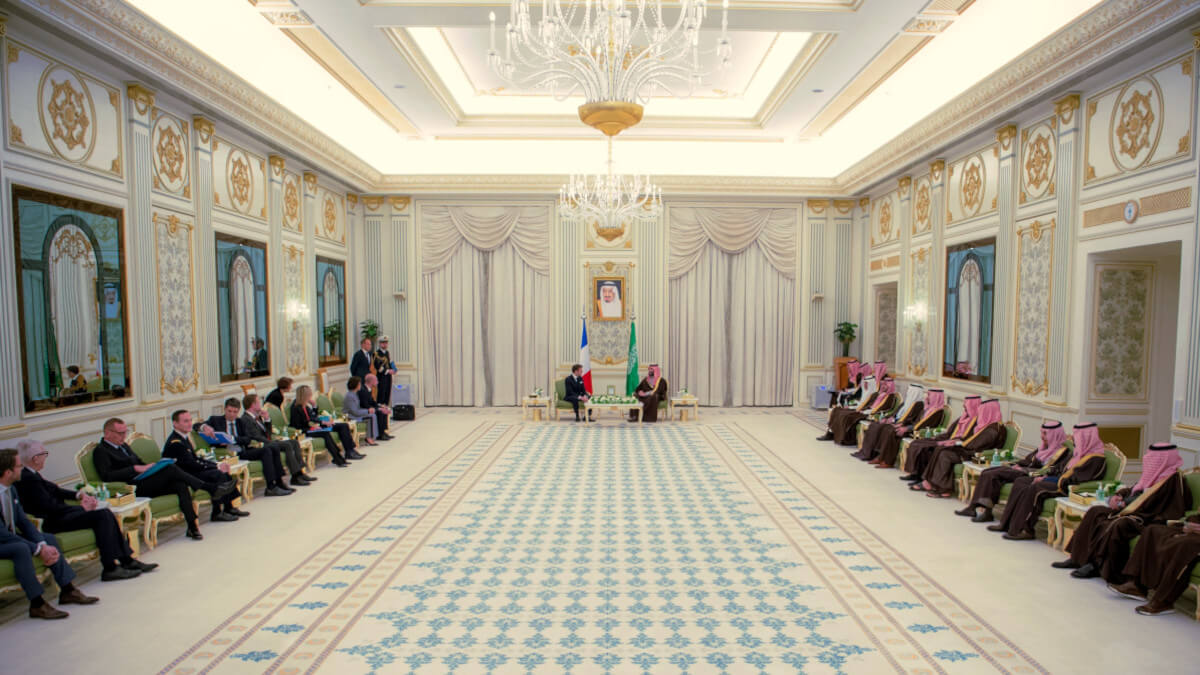
Climate crisis
In addition to the agreements, Macron will attend the international meeting ‘COP16 One Water’ under the slogan ‘action is in our nature’, which is being held in Riyadh and which he is co-chairing with Kazakhstan. The French President also congratulated the Saudi Crown Prince for organising the summit on climate solutions for climate distribution and water governance.
The meeting, which begins on 3 December, will take place over the next 10 days and will be sponsored by the United Nations Convention to Combat Desertification (UNCCD).
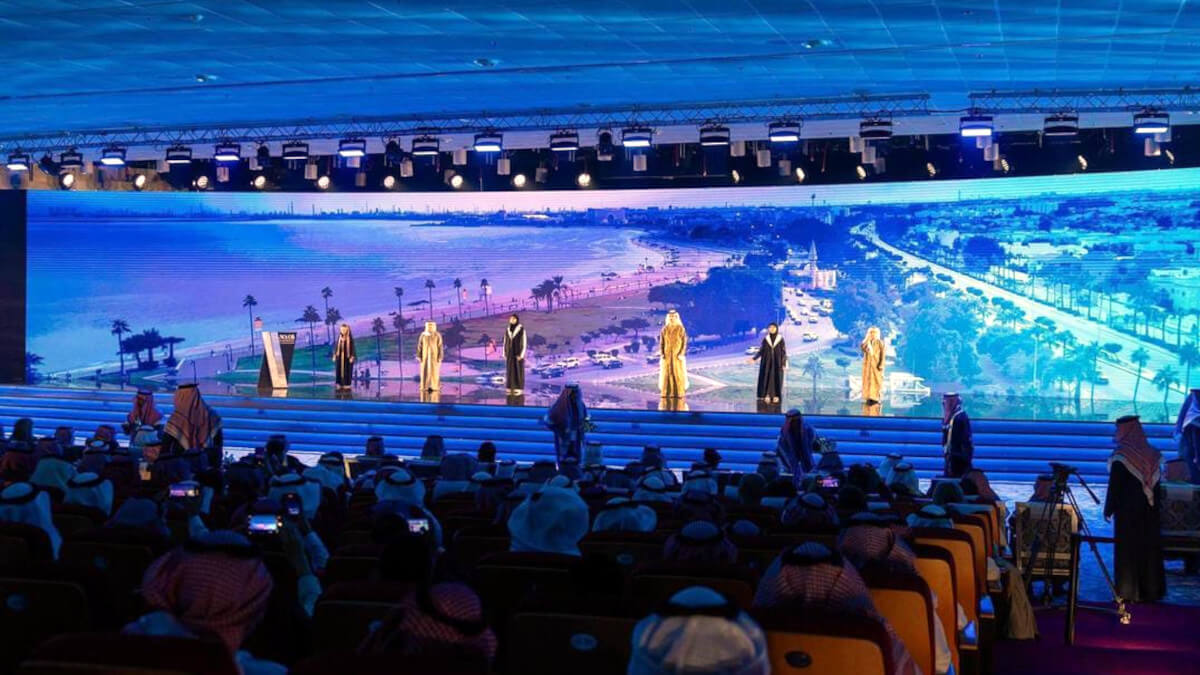
Coinciding with the opening of COP16 One Water, the Saudi government announced the creation of the Riyadh Global Drought Resilience Partnership (SDRPY), which will have an initial budget of 150 million dollars over the next 10 years. The first objective of this new strategy will be to combat desertification in Yemen.
Other actions of the Alliance include assessing drought risks, improving detection and early warning systems, providing economic support for sustainable agriculture, resilient crops, facilitating financing to improve water infrastructure and offering insurance solutions to support smallholder farmers.

